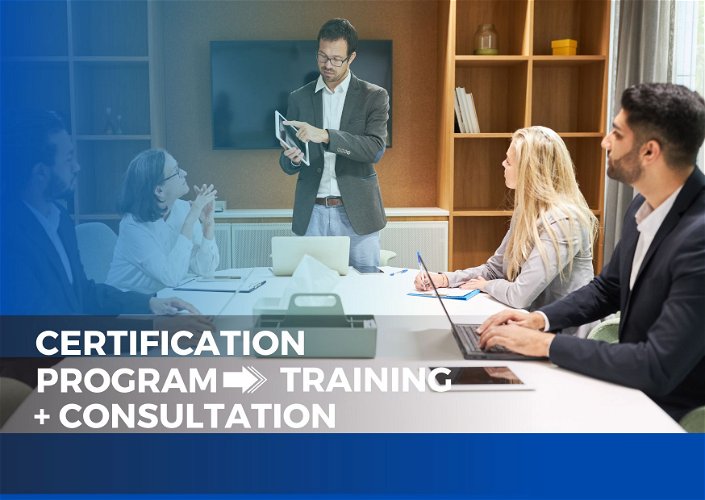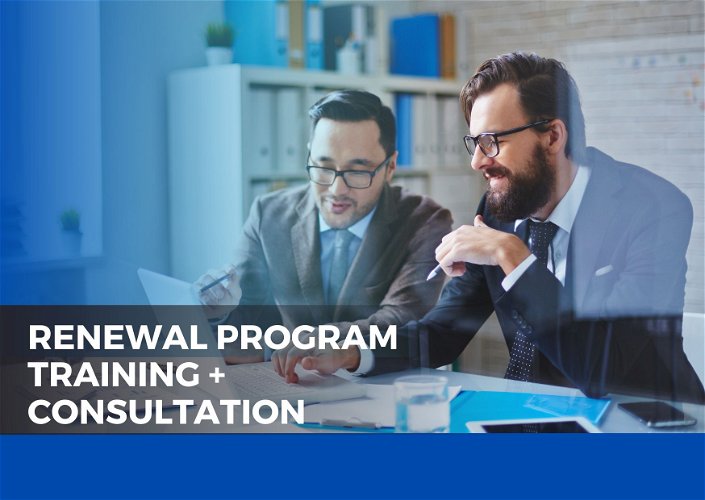Standardization
Program Overview

Feasible Consultation
Preliminary Assessment
SMART Analysis
Roadmap discussion

Certification Program
Training
Consultation
Assessment /Audit
Certification

Renewal Program
Training
Consultation
Assessment /Audit
Certification
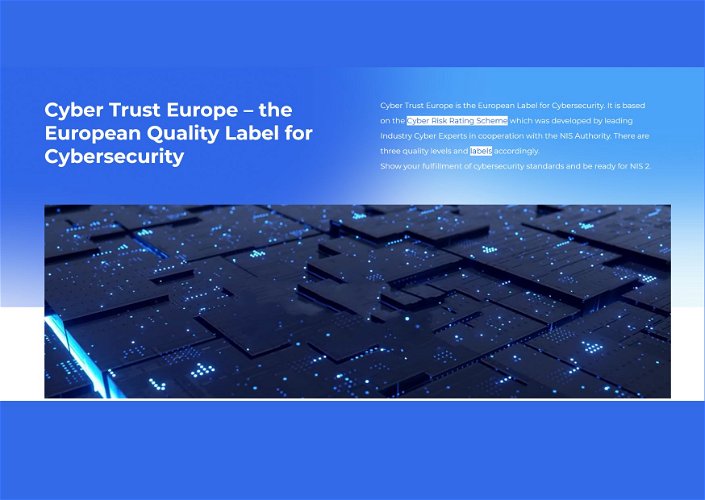
Evidence of relevant minimum safety standards for suppliers & service providers
Proof of quality & trustworthiness towards customers
Alternative to complex ISO 27001 certification
Method to meet security precautions according to NIS-Regulation (manage risks regarding service providers, suppliers, third parties)
Standardized method for Third Party Risk Management

Gap Analysis: Perform a detailed gap analysis to identify areas needing improvement to comply with ISO 9001 standards.
System Development: Assist in developing and implementing a quality management system tailored to your organization's needs.
Training: Provide comprehensive training programs on ISO 9001 standards, including process mapping, risk management, and internal auditing.
Pre-Audit: Conduct a pre-certification audit to assess readiness for the official certification process.
Certification Audit: Collaborate with accredited certification bodies to perform the certification audit, ensuring compliance with ISO 9001 standards.
Surveillance Audits: Conduct regular surveillance audits to maintain ISO 9001 compliance.
Continuous Improvement: Offer ongoing support to identify and implement continuous improvement opportunities.
Renewal Audit Preparation: Help prepare for the renewal audit to ensure successful recertification.

Gap Analysis: Conduct a detailed gap analysis to identify areas of non-conformance with FSSC 22000 requirements.
Implementation Assistance: Provide guidance and support to implement food safety management systems, including developing policies, procedures, and documentation.
Training: Offer tailored training programs for staff on FSSC 22000 principles, hazard analysis, and critical control points (HACCP).
Pre-Audit: Conduct a pre-certification audit to ensure readiness for the official certification process.
Certification Audit: Perform the certification audit in collaboration with accredited certification bodies to verify compliance with FSSC 22000 standards.
Surveillance Audits: Conduct regular surveillance audits to ensure ongoing compliance with FSSC 22000 requirements.
Continuous Improvement: Provide ongoing support and recommendations for continuous improvement in food safety management practices.
Renewal Audit Preparation: Assist with preparing for the renewal audit to ensure smooth recertification.

Initial Assessment: Perform an initial assessment to determine the current level of compliance with IATF 16949 requirements.
System Development: Help develop and implement a robust quality management system tailored to the automotive industry, including process documentation and control plans.
Training Programs: Conduct training sessions for employees on IATF 16949 standards, internal auditing, and quality management principles.
Readiness Review: Conduct a readiness review to identify any gaps before the formal certification audit.
Certification Audit: Collaborate with accredited certification bodies to carry out the certification audit, ensuring compliance with IATF 16949 standards.
Ongoing Surveillance: Provide regular surveillance audits to maintain compliance with IATF 16949 requirements
Performance Monitoring: Monitor quality management system performance and offer advice on corrective actions and improvements.
Renewal Audit Support: Assist in preparing for the renewal audit, ensuring all requirements are met for successful recertification.

Gap Analysis: Conduct a comprehensive gap analysis to identify deficiencies in meeting ISO 13485 requirements.
Implementation Support: Provide assistance in implementing a quality management system specific to medical devices, including risk management and regulatory compliance.
Staff Training: Offer specialized training programs on ISO 13485 standards, regulatory requirements, and internal auditing techniques.
Pre-Certification Audit: Perform a pre-certification audit to evaluate readiness for the official certification process.
Certification Audit: Work with accredited certification bodies to conduct the certification audit, ensuring full compliance with ISO 13485 standards.
Surveillance Audits: Carry out regular surveillance audits to ensure ongoing adherence to ISO 13485 requirements.
Continuous Improvement: Provide continuous improvement recommendations and support for maintaining an effective quality management system.
Renewal Audit Preparation: Assist with preparing for the renewal audit to ensure a smooth recertification process.
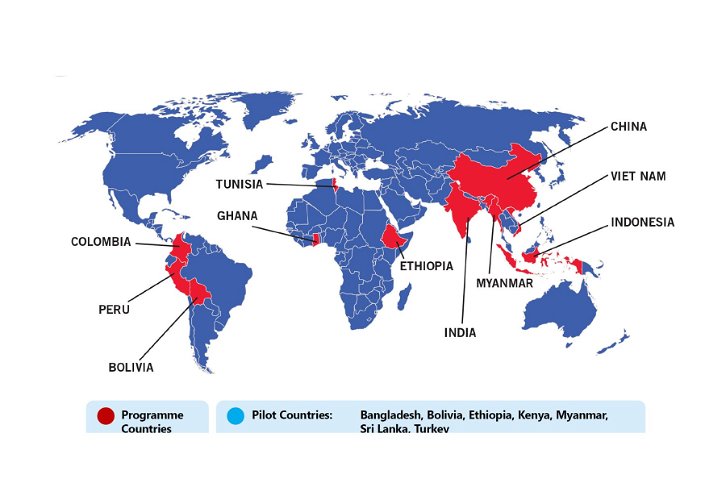
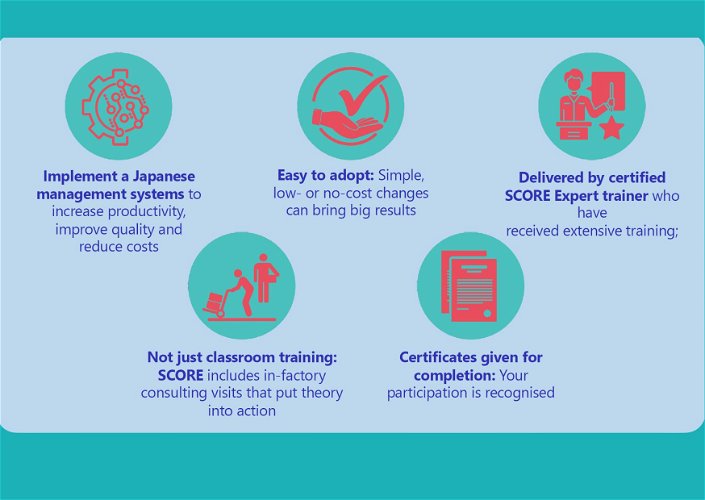
Module 1 : Workplace Cooperation, 5S and measuring performance KPIs
Module 2 : Quality Management
Module 3 : Productivity improvement
Module 4 : Human Resource Management
Module 5 : Occupational Safety and Health
Module 6 : Food Safety


